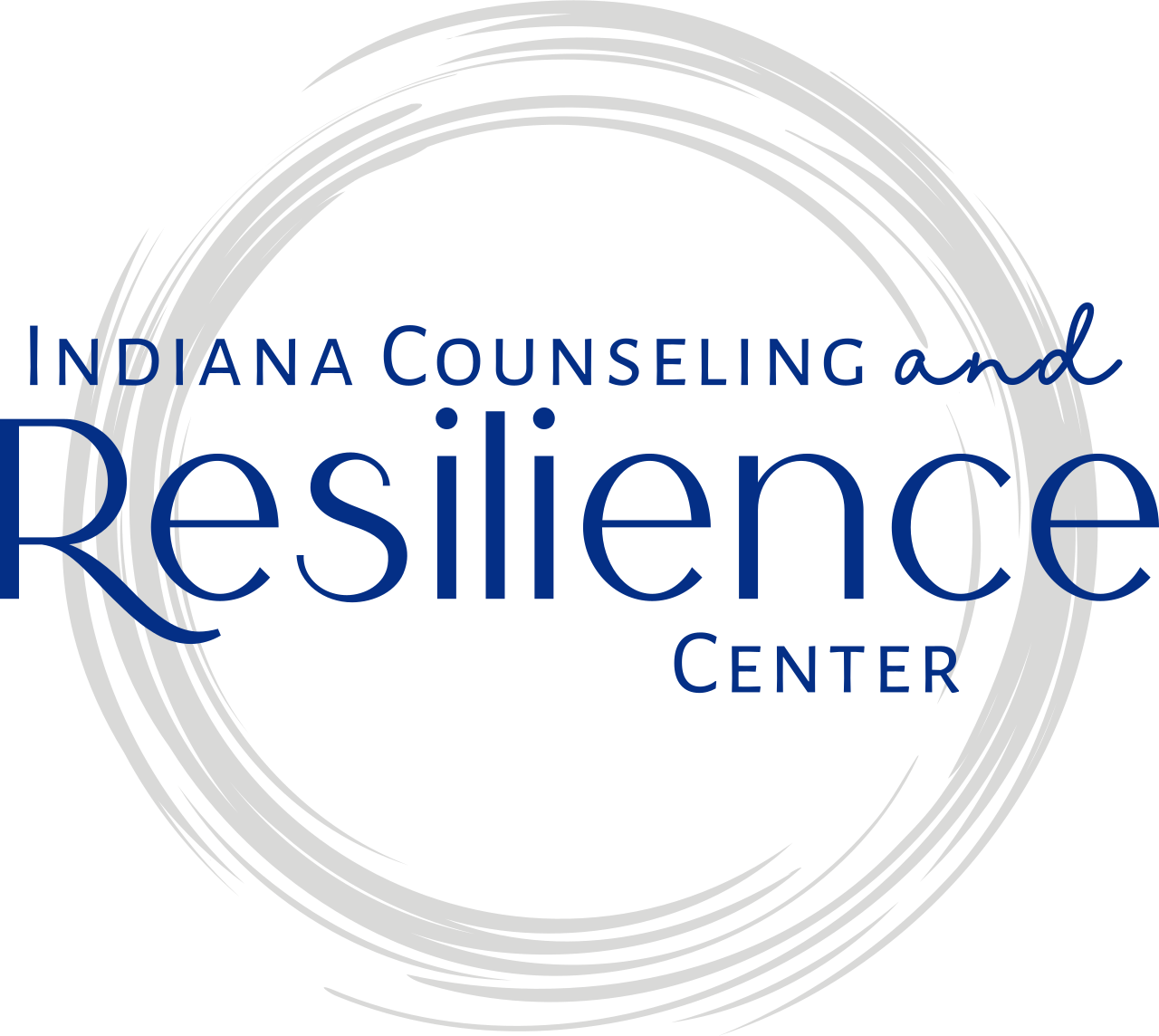Teachers, Don’t Forget to Nurture Yourself
As teachers, you take on many roles—educator, mentor, advisor, and sometimes even a counselor. While this can be incredibly rewarding, it’s also demanding and stressful. With the start of a new school year bringing new challenges and opportunities, it’s a perfect time to focus on self-care. Prioritizing self-care isn’t just a luxury; it’s crucial for your mental, emotional, and physical well-being, which directly impacts how effective and sustainable your teaching can be.
Why is Self-Care Important?
Prevent Burnout
Burnout is a real issue in teaching, showing up as constant fatigue, emotional exhaustion, and feeling ineffective. By making self-care part of your daily routine, you can help prevent burnout and keep your passion for teaching alive.
Boost Emotional Well-Being
Teaching can be emotionally draining, especially when dealing with challenging students, parents, or school demands. Self-care helps you manage stress, handle your emotions, and stay positive, which is key to creating a supportive and engaging classroom.
Improve Physical Health
Teaching often involves long hours on your feet and juggling various responsibilities, which can wear you down physically. Regular exercise, getting enough sleep, and eating healthy are important self-care practices that keep your body strong and resilient.
Enhance Professional Effectiveness
When you’re well-rested, emotionally balanced, and physically healthy, you’re more effective in the classroom. Self-care improves your focus, creativity, and problem-solving skills, allowing you to teach better and connect more meaningfully with your students.
Practical Self-Care Tips for Teachers
Set Boundaries
Clearly separate your work life from your personal life. Set specific times for grading, responding to emails, and lesson planning, and stick to them. Try to avoid taking work home, so you have time to recharge.
Prioritize Sleep
Aim to get 7-9 hours of sleep each night. Good sleep is essential for thinking clearly, managing your emotions, and staying healthy. Create a relaxing bedtime routine and a comfortable sleep environment to help you rest better.
Stay Active
Make physical activity part of your daily routine. Whether it’s a morning jog, a yoga session, or a quick walk during lunch, regular exercise can reduce stress, boost your mood, and increase your energy.
Practice Mindfulness and Relaxation
Mindfulness, meditation, and deep breathing can help you manage stress and improve your emotional well-being. Even a few minutes of mindfulness each day can make a big difference.
Seek Support
Don’t be afraid to ask for help when you need it. Talk to a trusted colleague, join a professional support group, or consider counseling services. Having a support network can offer encouragement and practical advice.
Engage in Hobbies
Make time for activities you enjoy outside of teaching. Engaging in hobbies and interests can provide a much-needed mental break and improve your overall well-being.
Remember, self-care isn’t an indulgence—it’s a necessity for teachers who want to stay healthy, effective, and enjoy a long career. By prioritizing self-care, you’ll be better equipped to handle the demands of teaching, create a positive learning environment, and inspire your students. As the new school year begins, take time to implement self-care practices that will help you thrive both personally and professionally.
Ready to Begin Therapy in Indianapolis, IN?
If you find that you need additional support, we’re ready to help you! At Indiana Counseling and Resilience Center, we can work with you to develop effective strategies to reduce stress and help you regain control of your life. Remember, you deserve a peaceful and fulfilling future, and therapy can be a powerful tool to help you achieve it. Follow these three simple steps to get started:
Contact us to schedule an appointment
Begin meeting with one of our skilled therapists
Start managing your stress in a healthy and positive way!
Other Services Offered at Indiana Counseling and Resilience Center
At Indiana Counseling and Resilience Center, our team wants the best for our clients and we want to support you in any way we can. Our team of skilled and caring therapists specialize in anxiety, trauma & PTSD counseling, couples counseling, and EMDR therapy. We offer our services both in-person and online in the state of Indiana. For more about us check out our FAQs!




